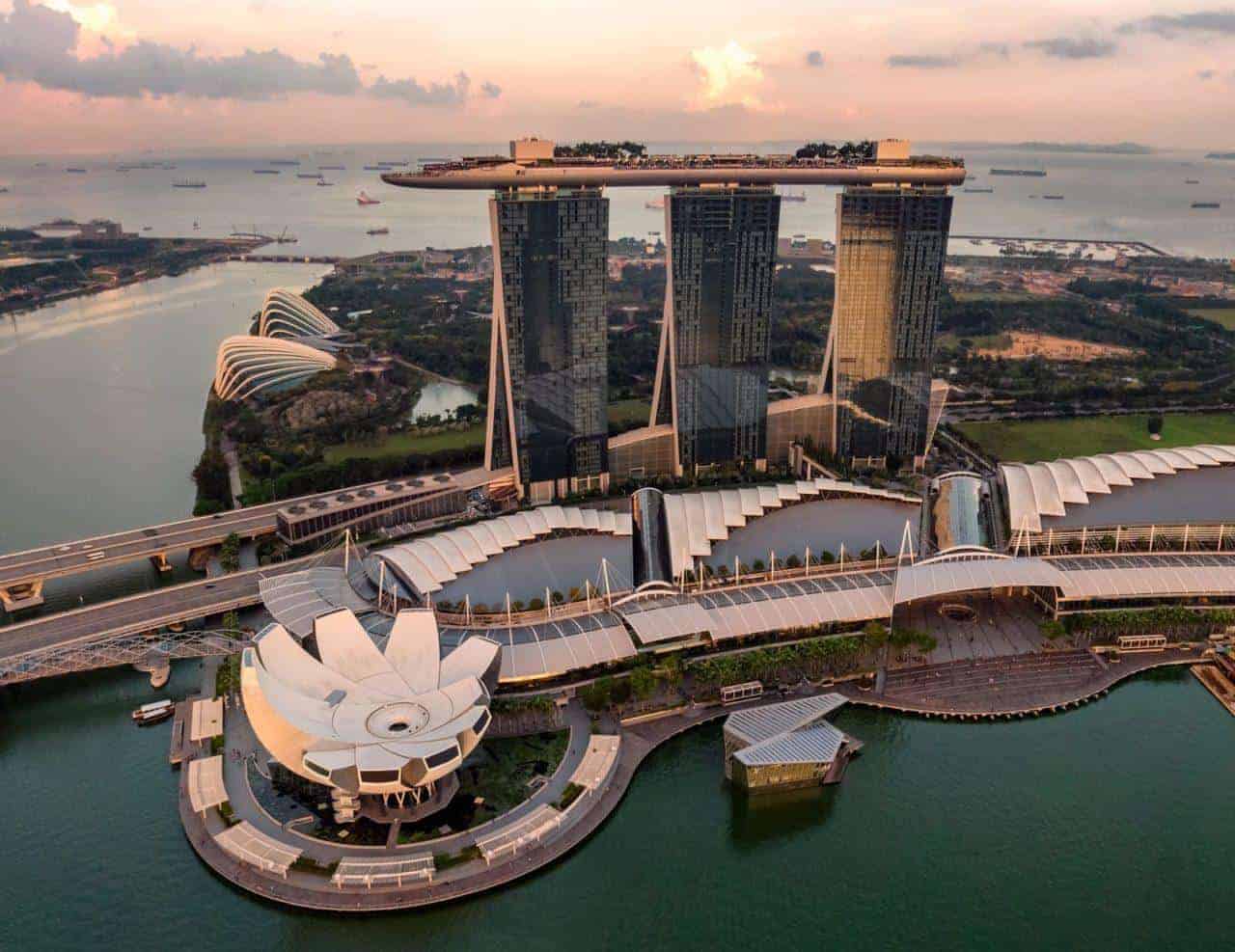Importance of the Four Asian Tigers when Selecting a Market for Global Expansion
The four Asian tigers refer to some of the strongest economies in the world – Hong Kong, Singapore, South Korea, and Taiwan. These four economies experienced rapid industrialization and lightning-fast development. They each grew more than 70 percent between the 1960s and 1990s.
Each of these Asian Tigers economies offer tremendous opportunity for businesses that want to tap into strong, new markets.
Hire globally in 24 hours with Horizons EOR services.
Asian Tigers History
The four Asian tigers rebuilt their infrastructure after World War II. Local governments encouraged industrialization. The markets further realized growth because of their proximity to some of the most populated cities on the planet.
As the four Asian tigers increased revenue by a significant degree, new groups of consumers developed and the economies further expanded. These Asian Tigers all have well-developed infrastructures and superior export logistics, which make them ideal candidates for companies seeking to grow into the Asian market.
Additionally, they have some of the highest incomes per capita in the world.
Asian Tigers Economy
While each of the four Asian tigers have strong economies, they each have individual characteristics that should be considered when contemplating moving into one of these markets. These unique qualities are described below.
Hong Kong
Hong Kong has the greatest free-trade policies among the four Asian tigers, only imposing excise duties on hard alcohol, methyl alcohol, tobacco, and hydrocarbon oil.
It does not impose import tariffs. It also boasts strong finance and marketing sectors. The labor pool is often coveted by companies around the world. Although the city often acts autonomously, it is still subject to China’s political system. Some businesses enter Hong Kong in order to get into other parts of China’s developing market.
Obtaining a work visa in Hong Kong is easier than doing so in other countries. The process is simplified so that companies can quickly put workers to use. An employer must make a job offer that meets Chinese requirements in order to obtain the visa.
Singapore
Singapore has benefited through foreign investment for many generations. The government encourages continued foreign investment by providing incentives to develop in the area and abandoning unnecessary regulations.
Singapore is one of the easiest places to do business because rules regarding incorporation, work visas, and tax forms are streamlined. The government also pours massive amounts of money into the private sector. It offers a number of incentives for doing business there, motivating many start-ups to enter the Singapore market.
Singapore also has economic stability, making it an attractive beacon for many businesses.
A primary market in Singapore is the information sector. The government made efforts early in the 21st century to appeal to technology companies and to motivate the financial sector to more heavily invest in these companies.
Citizens in many countries do not have to have a business visa before they arrive in the country. This simplifies the visa application process. However, an employee must apply for a work permit and provide proof of a job offer before commencing work in the country.
South Korea
The South Korea government also offers incentives for foreign businesses. It offers tax incentives and grants to foreign companies that will benefit the local economy. They go a step further by helping businesses find and pay for industrial sites and may cover startup costs. Free trade zones are also a significant benefit for many businesses.
One daunting hurdle for many businesses hoping to expand into South Korea is its complicated immigration and visa system. Visas are divided into various categories. The government must provide a letter of recommendation and the company must provide a job offer before a worker can apply for a visa. A points system is used for entrepreneurs looking to expand into the market.
Taiwan
Taiwan’s government emphasized high-skilled manufacturing back in the 1970s. The country is a highly-coveted market for manufacturing.
It largely produces intermediate goods that are used as components in final products that are manufactured elsewhere. In fact, 70 percent of Taiwan’s exports are from intermediate goods. These goods include technological components, such as motherboards and notebook computers. Electronic and machinery products are often produced in Taiwan.
Businesses often turn to Taiwan when producing products at a low price while in a stabilized market. To obtain a work visa in Taiwan, an employee must be presented with an employment offer. The employer has to apply at the Ministry of Labor.
Conclusion
Each of the four Asian Tigers has realized tremendous and unforeseen economic growth during the last 70 years. Each offers its own characteristics that must be considered when choosing which location to expand your business. New Horizon’s market expert can assist when considering a market entry into the Four Asian Tigers.















